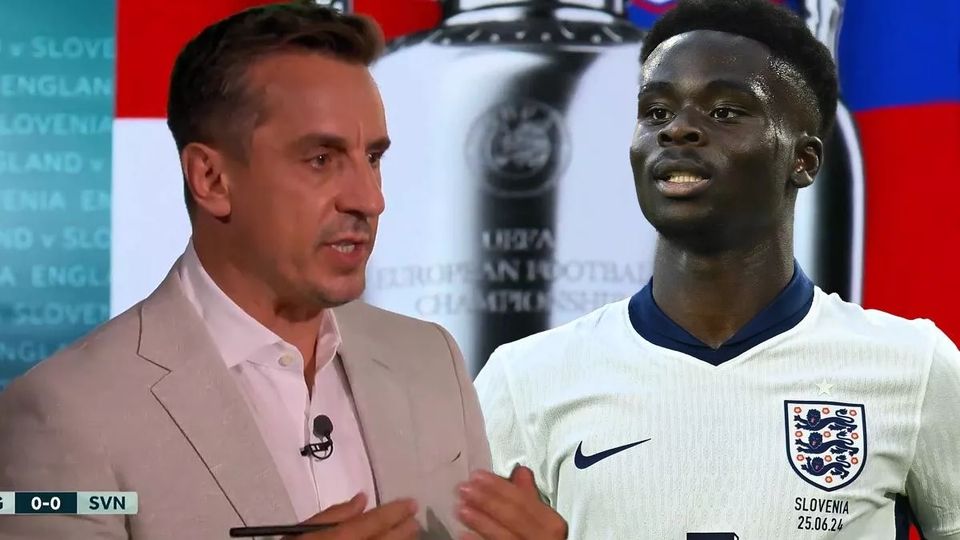In today’s fast-paced game, adaptability and flexibility have become crucial. Teams are now focusing on developing players who can handle different roles effectively, contributing to both offensive and defensive tactics. This versatility allows teams to be more dynamic, creating opportunities that are harder for opponents to predict.
A player’s ability to switch between roles without losing focus or impact is highly valued. Whether attacking, defending, or controlling the flow of the game, these individuals become indispensable. Their intelligence on the field enables them to understand the needs of the game and adjust their style accordingly, enhancing overall team performance.
These adaptable players often shine in situations that demand quick decision-making and tactical awareness. Their diverse skill sets make them essential in a variety of scenarios, from maintaining possession to creating game
Preferred Playing Role

The role on the field is essential for any versatile player, allowing them to contribute both offensively and defensively. A well-rounded approach ensures flexibility, enabling adaptation to different tactical setups and game situations. This adaptability is critical to the player’s influence on the match.
Strength lies in the ability to operate across multiple areas of the pitch. This multifaceted skill set not only provides options for the coach but also makes the player unpredictable for opponents. Being able to seamlessly transition between roles adds to the overall effectiveness of the team.
Versatility Across Multiple Roles

Flexibility on the field allows a player to contribute in various capacities, adapting to different responsibilities as the game demands. This adaptability makes a player invaluable to their team, showcasing their ability to fit seamlessly into various tactical approaches.
- Provides tactical options for coaches, enhancing strategic possibilities.
- Enables smooth transitions between offensive and defensive phases.
- Promotes team cohesion through understanding of different roles.
- Offers resilience in unforeseen situations, such as injuries or tactical shifts.
Through mastering multiple roles, players can increase their influence, becoming key assets who excel in diverse situations on the field.
How Dynamic Players Influence Team Tactics
In modern sports, certain athletes play a pivotal role in shaping team strategies. These individuals, with their versatile skill sets, can adapt to various tactical requirements, giving their teams a competitive edge. Their unique abilities allow them to impact the game in multiple ways, from offensive transitions to defensive support.
Flexibility is key when discussing their influence. Their adaptability allows them to fit into several tactical formations, whether it’s supporting the attack or contributing defensively. This versatility forces opponents to adjust their own strategies, often creating space for others on the field.
Another crucial aspect is their awareness of game dynamics. By reading the flow of the match, these players can anticipate movements, making critical decisions that elevate the overall performance of the team. Their presence often shifts the balance, allowing their teammates to perform more efficiently.
The Evolution of His Footballing Role
Throughout his career, the player has shown remarkable versatility and growth. Initially recognized for his technical skills and agility, he has adapted to various tactical responsibilities, showcasing a deep understanding of the game. His ability to seamlessly transition between different tasks on the field highlights his tactical intelligence and creativity.
Over time, his contributions have expanded, with increased involvement in both offensive and defensive phases. The player’s development reflects his capacity to refine his abilities, responding to the needs of his team while continuing to sharpen his personal strengths. This evolution marks a significant shift in how he is perceived and utilized by his coaches.






